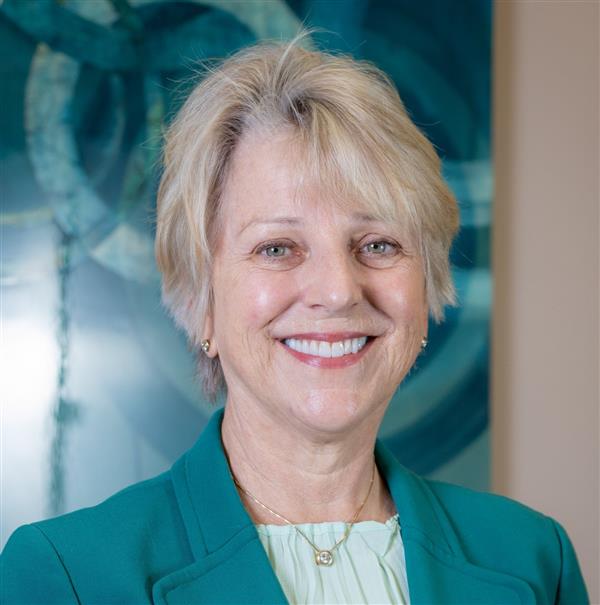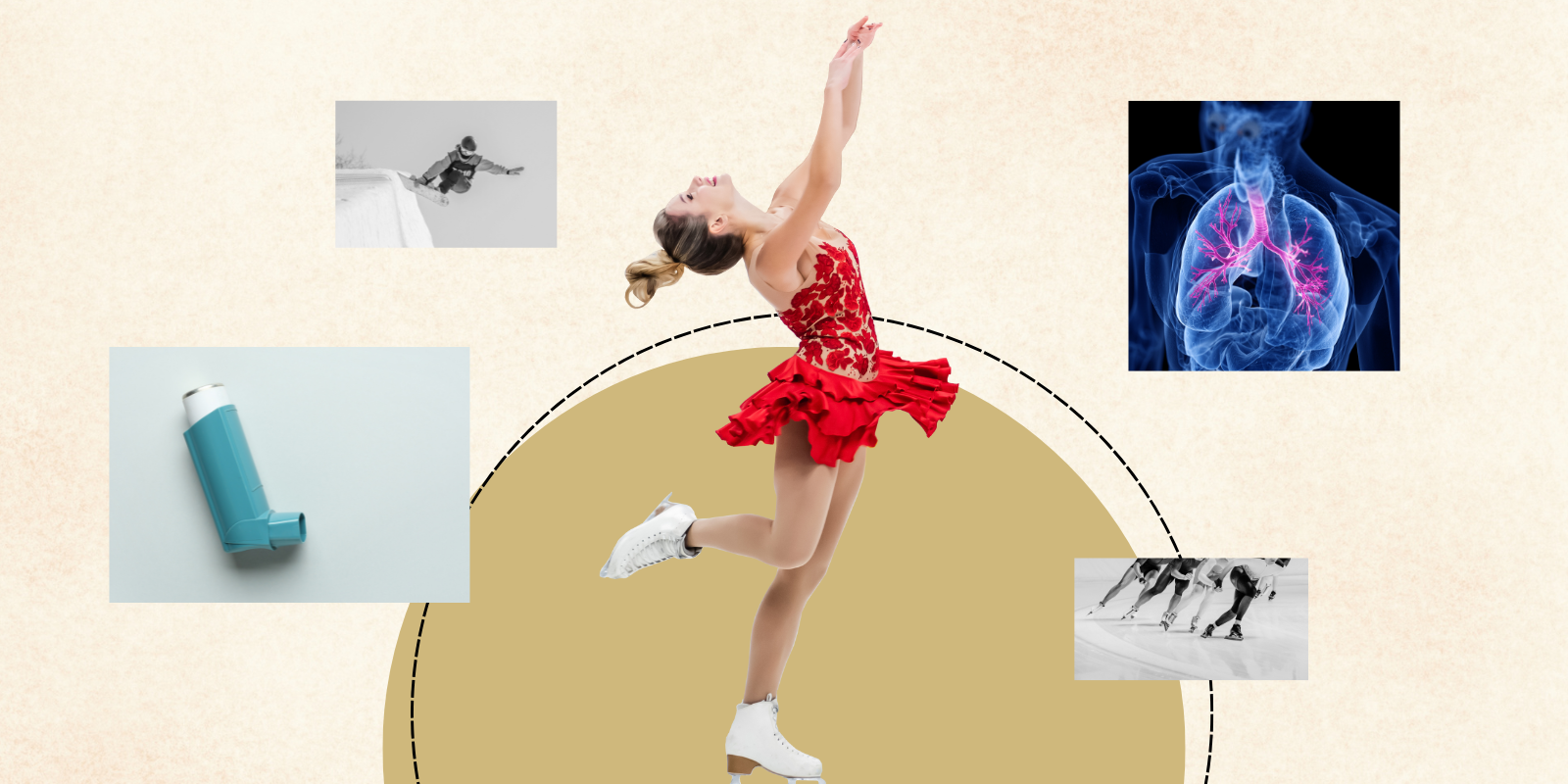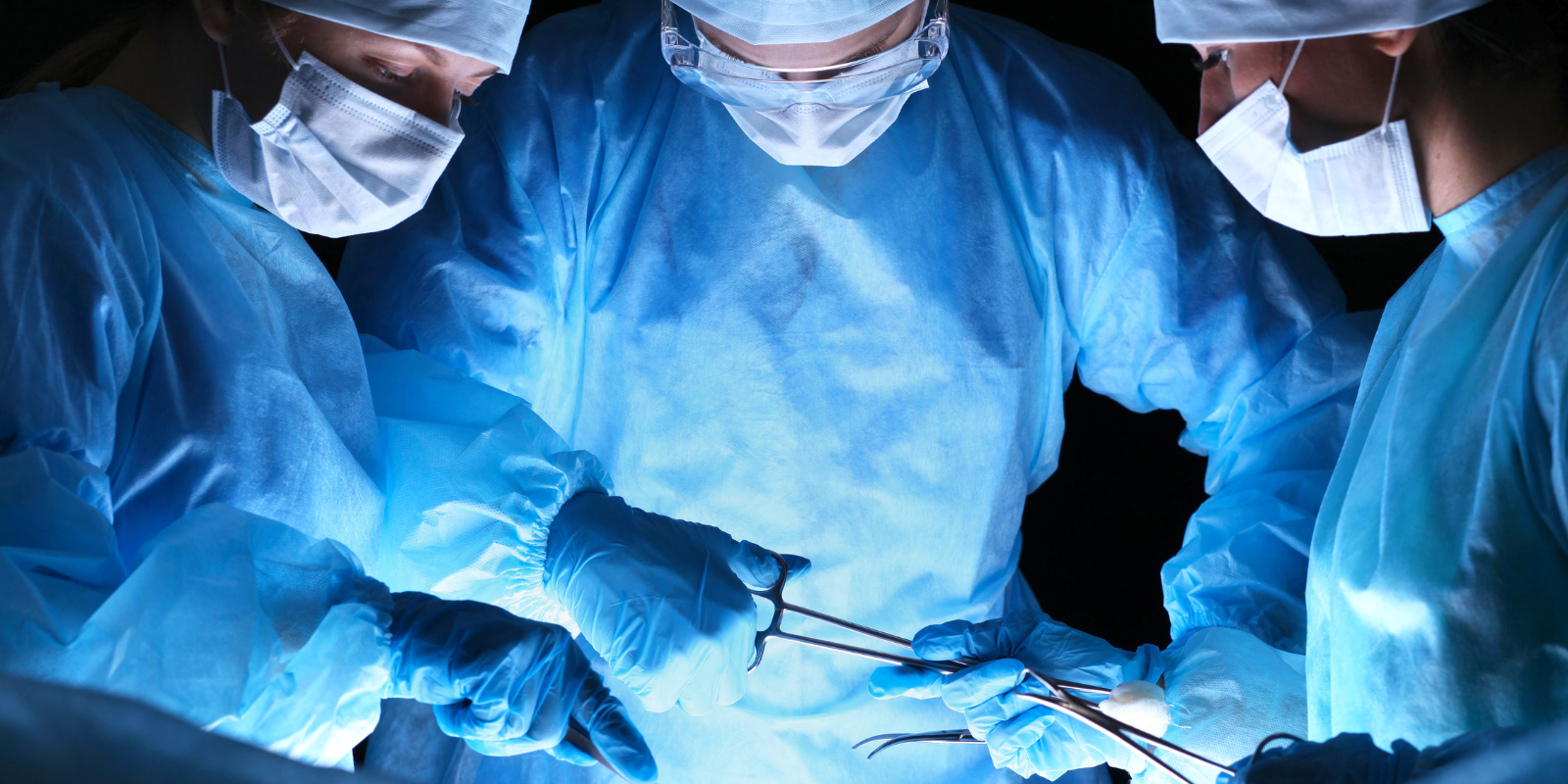Annie Moore, MD, MBA, is passionate about the clinical care experience of patients – and now she is the inaugural holder of a new endowed chair devoted to improving that experience.
Moore – professor of clinical practice in the Division of General Internal Medicine of the University of Colorado Department of Medicine – was recently named the holder of the Brown/Moore Endowed Chair for Excellence in the Patient Experience.
The endowed chair comes as patient experience is drawing more attention as a key component of health care delivery.
“Patient experience is anticipated to become a formal quality metric, with financial incentives for high performers related to it,” Moore says. “Those star ratings by patients are going to start to really matter. And I think it’s great. Patient experience is linked to outcomes. People don’t always realize that. If a patient feels cared for and trusts their health care team, their health results are better than if they don’t feel that confidence and connection.”
→ Endowed Chair Celebration: Opening the Door to Discovery
Patient experience is an under-researched field that needs more attention, she says. “Patient experience, and particularly the erosion of trust in the health care profession, is a very timely topic. There are lots of disruptors, including technology, corporate ownership, physician burnout, staffing challenges, and the real and perceived tensions between health care’s purpose and profit. All of that can lead the patient experience to further erode instead of improve.”
Moore says she’s surprised that she could find only one other similar endowed chair in academic medicine nationwide. “The importance of this endowed chair is how it strengthens CU’s position to both define the ideal patient experience and demonstrate that standard.”
Radical generosity
Moore draws on nearly four decades as an internal medicine clinician. She practices at CU Medicine Internal Medicine – Cherry Creek.
One sign of Moore’s strong relationship with her patients is that one of them, Charles “Chuck” Carlson, invited her to his 100th birthday party last November. His wife, Janice Carlson, age 92, is also a patient.
When Chuck Carlson first went to see Moore, “I thought, ‘Here’s a lady who knows what she’s doing.’ She knows how to read a lot into what you’re doing, or not doing,” he said in an interview earlier this year.
The chair is an outgrowth of an endowed professorship fund established in 2018 through a $500,000 gift from Richard N. and Joyce M. Brown, who have been frequent supporters of CU Anschutz Medical Campus research endeavors. The fund has been bolstered by contributions from other benefactors, including Marcy and Bruce Benson as well as Mary and George Sissel, bringing its historical gift value to $2 million, which is the threshold for the establishment of an endowed chair at CU Anschutz.
Moore says she’s grateful to the three benefactor couples for their “radical generosity to me and so many others.”
Studying e-communications
With support from the initial funding, “we designed a study to understand how electronic messaging between patients and clinicians impacted the patient experience,” Moore says. “We launched it in February 2020 having no idea how the world would change with the pandemic. Suddenly this became a very important topic.”
At the time, while the dynamics of face-to-face patient-clinician communications had been well studied and taught in medical schools, there had been little research into how e-communications tools – online patient portals, video visiting, messaging, and the like – might impact patient trust and engagement.
→ CU School of Medicine Names First Endowed Chair in Climate Medicine
Moore’s study, published in 2022 in the Journal of General Internal Medicine, involved interviews with 51 internal medicine clinic patients and caregivers. She found that many patients experienced enhanced trust in their health care team through electronic messaging, and that promptness of reply – ideally, same-day reply – was the most important factor in trust formation.
The study led to “a number of national and international presentations,” she says. “It showed that, particularly when you know a patient, how quickly you respond to messages can build trust and a sense of being cared for. If you don’t respond, the patients don’t think you have time for them.”
Hoping for the greatest impact
In 2023, she published on the pros and cons of using artificial-intelligence chatbots in patient communication, anticipating a day when chatbots become a “first touch” for many patients’ health care and how that might impact trust in clinicians.
Moore is interested in exploring e-communication further as a component of the patient experience, and also who to best serve patients who might not know how to use digital tools or don’t have the means to access them. “In the patient experience, our research will focus on how to support all patients and not just force everyone into one pathway of communicating with their health care team.”
As the inaugural holder of the chair, “I am able to direct funding into how I think it can be best used for the purpose of understanding the patient experience,” Moore says. “I also hope we can move into the education space. There is quite a bit taught already in medical schools on the face-to-face patient experience, but almost nothing taught on electronic communications with patients. We’re focusing on the area where hopefully we can have the greatest impact.”
Photo at top left: Annie Moore, MD, MBA (center) with Gena Weir, director of strategy and operations for the CU Division of General Internal Medicine (left), and Cindy Rakotz, medical director for CU Medicine Internal Medicine – Cherry Creek, at the luncheon where Moore's endowed chair was announced, April 25, 2024, at the Denver Country Club. Photo courtesy of Annie Moore.
Photo at top right: CU Anschutz Medical Campus Chancellor Donald M. Elliman, Jr. raises a toast to Moore at the luncheon where her endowed chair was announced, April 25, 2024, at the Denver Country Club. Photo courtesy of Annie Moore.




